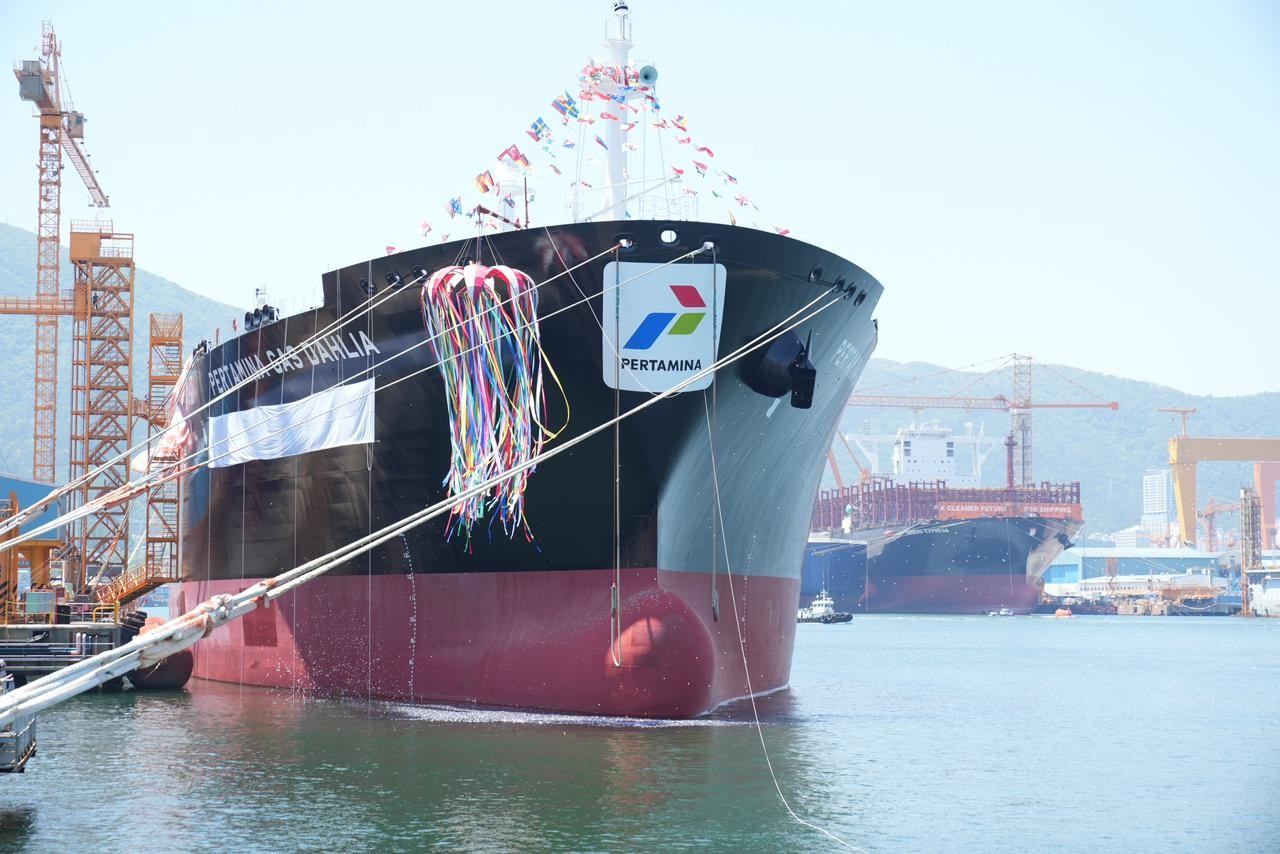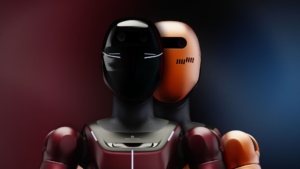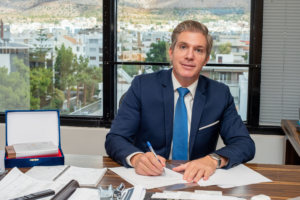PT Pertamina International Shipping (PIS), a spin-off of PT Pertamina (Persero), Indonesia’s state-owned energy company, has welcomed two additional very large gas carriers (VLGCs) to its fleet, named Pertamina Gas Caspia and Pertamina Gas Dahlia.
The newly bought vessels are specifically optimized for transporting vital commodities like liquefied petroleum gas (LPG), as well as other petrochemicals such as propylene and ammonia, intended for international trade routes.
Both tankers measure 300 meters in length, with a capacity of 91,000m3. They were constructed at Hanwha Ocean, a shipyard located in South Korea.
The two giant tankers were officially launched on May 9, 2024 at Hanwha-Okpo Shipyard in the Geoje City of South Korea, a shipping hub located over 300 kilometers away from the capital Seoul.
With the addition of these vessels, PIS’s fleet now totals 102 units, comprising very large crude carriers (VLCCs), very large gas carriers (VLGCs), suezmax vessels, and other fleets of various sizes, with 60 of them serving international routes.
According to PIS, these vessels “are currently the world’s largest environmentally-friendly giant gas tankers equipped with the latest technology.”
The vessels were named after flowers: Caspia symbolizes success and memories, while Dahlia represents happiness and respect.
The new tankers are prioritized for international routes and scheduled to embark on their inaugural voyage from Houston, United States, in early May 2024.
Yoki Firnandi, chief executive of Pertamina International Shipping (PIS), stated that the addition of these vessels positions PIS as the foremost VLGC fleet owner in Southeast Asia, bolstering the fleet to a total of seven vessels.
“As we continue to grow our environmentally-friendly VLGC fleet, we affirm our commitment to supporting the energy transition and fostering sustainable business development.”
Furthermore, the vessels are equipped with energy-saving devices and shaft generators that increase fuel efficiency and reduce carbon emissions, and they use environmentally-friendly dual-fuel and selective catalytic reduction (SCR) technology to reduce acid rain (NOx) pollution.



